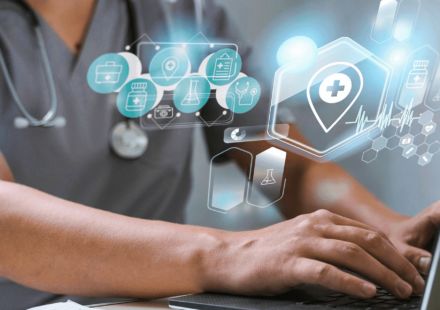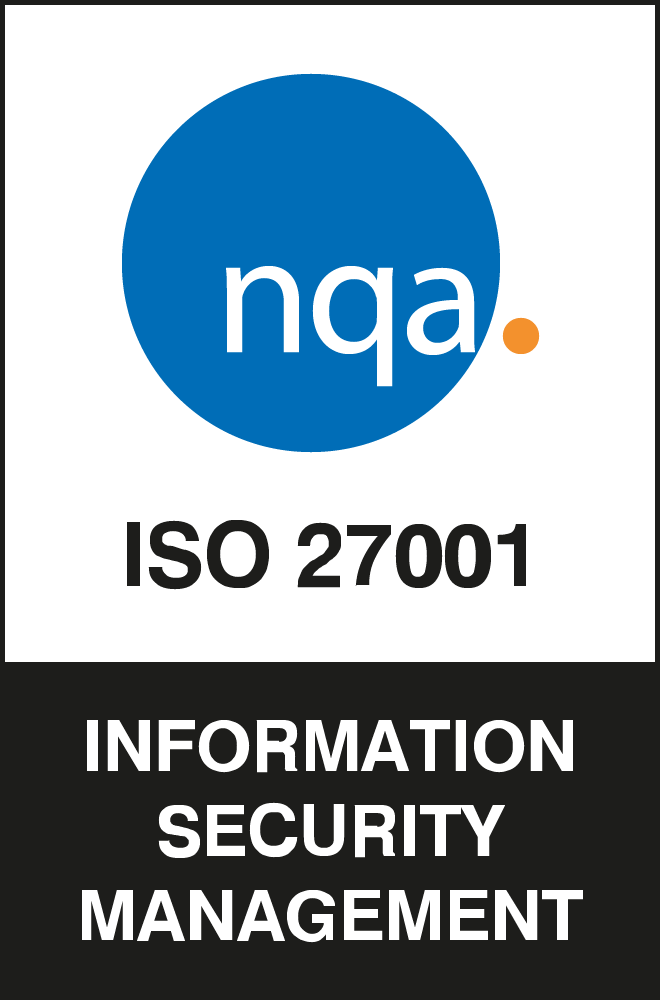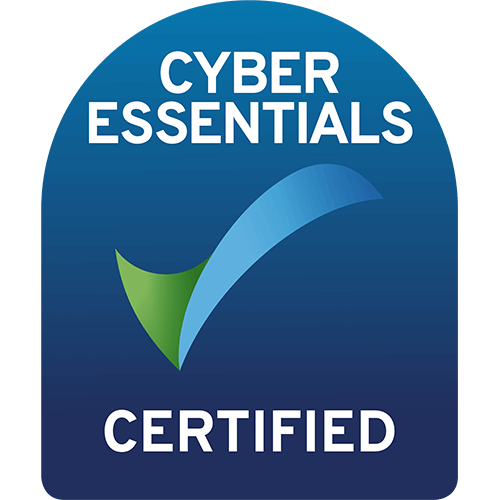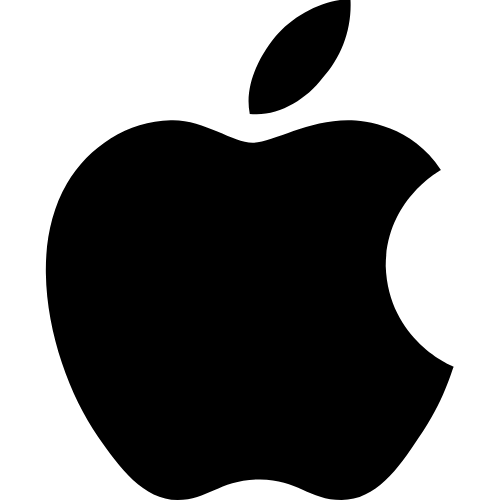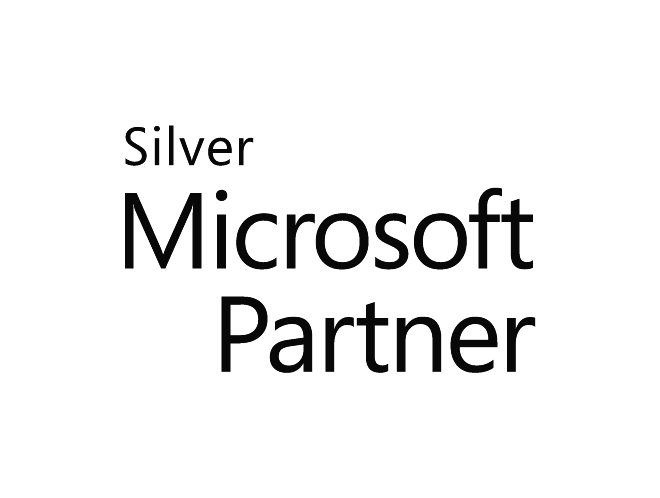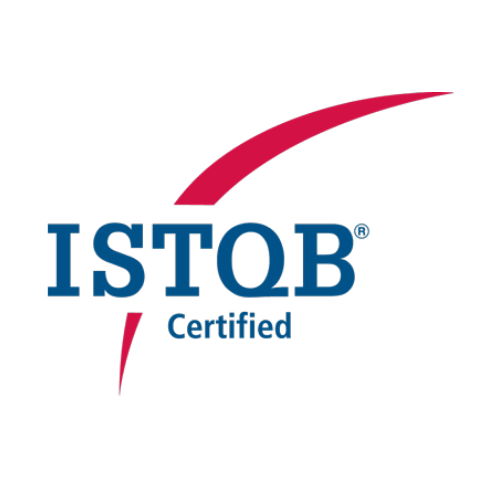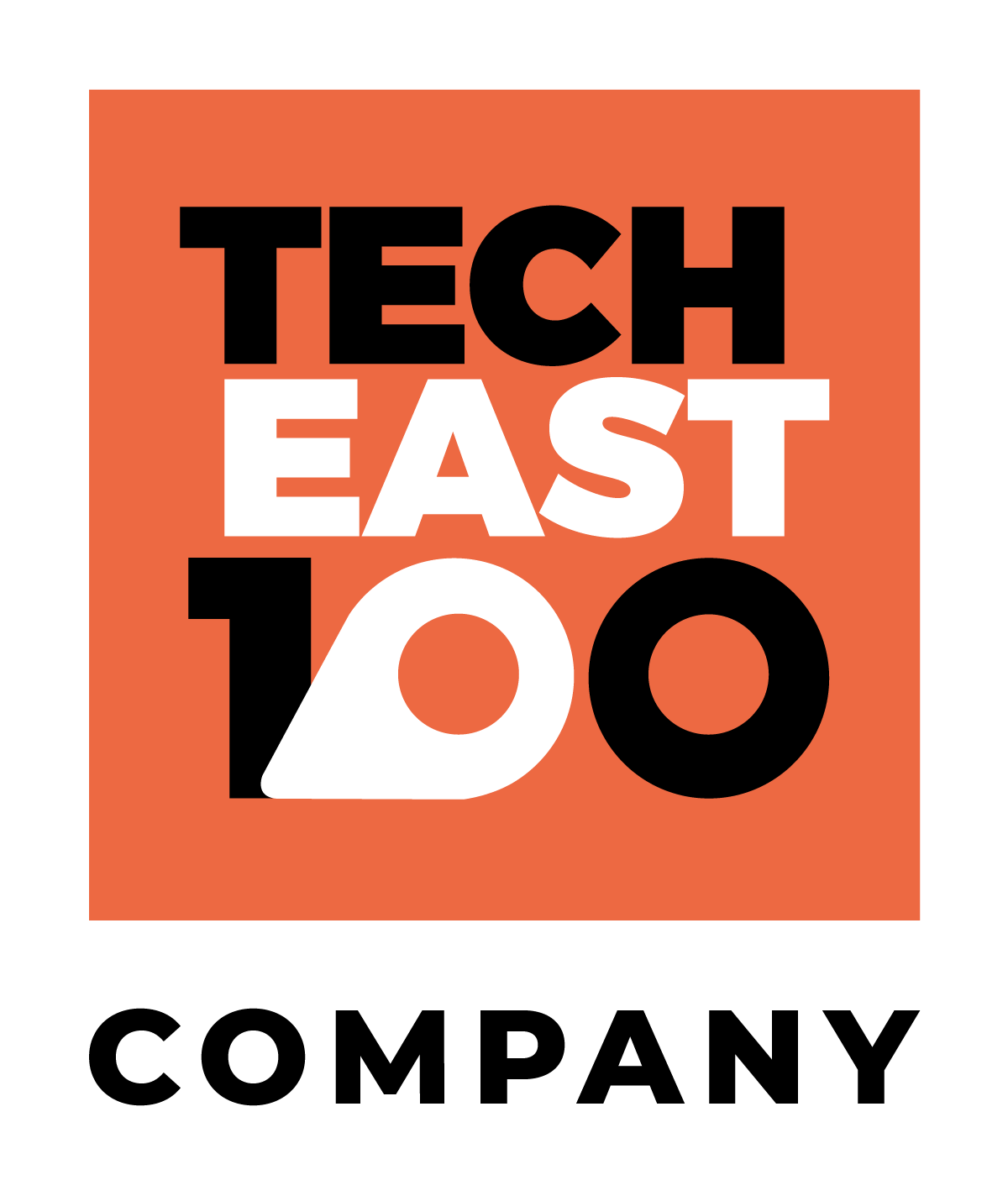In today’s world, technology advances at an extremely fast pace, with new innovations and advancements made every day. Things change quickly in this industry so it’s vital to keep up with the latest IT and telecommunications technology trends.
This article discusses the trends driving the technology revolution we’re experiencing today.
Cognitive Technology
Cognitive technology is a very exciting area of technology that we have already seen huge breakthroughs in, and facial recognition is a clear example of this. The developments being made in cognitive technology today will lead to drastic changes in humanity’s relationship with machines and their understanding of humans.
Computer vision, NLP (or natural language processing) and speech recognition fall under the umbrella of cognitive technology. Today, we see these technologies commonly used in virtual assistants and smart speakers but there is huge potential for them to have a huge impact on a wide range of industries and sectors.
For example, computer vision can be used in banking and accounting to ‘read’ forms and client information then store this data on a system – removing both the need for additional data entry staff and the risk of mistakes caused by human error.
In the medical industry, computer vision can be used to ‘look’ at scans and identify growths or tumours that might have been overlooked by human physicians, helping to save lives in some cases.
Edge Computing
Edge computing is a technology trend that has grown in interest over the last few years. What makes edge computing different from cloud computing is that data is processed close to the edge of the network instead of at a large-scale centralised server (hence the name).
This makes edge computing beneficial for most use cases because it reduces latency and delays, improves operational efficiency and decreases connectivity costs because bandwidth and cellular data usage are decreased.
As well as these benefits, edge computing is ideal for organisations in remote areas with unstable communication infrastructure where connectivity losses can impact time-sensitive decision making.
Quantum Computing
Quantum computing refers to the streamlining and efficient performance of complex tasks using sophisticated equations and processes such as superposition and quantum entanglement.
Most recently. quantum computing has been used to develop potential Covid-19 vaccines by easily querying, monitoring, analysing and acting on the information provided from various data sources.
IoT Growth
IoT is a field that has seen huge growth recently which is not expected to slow down anytime soon. Explained simply, the Internet of things is a network of connected devices that communicate with each other, collect, analyse and exchange data.
Research suggests that by the year 2025 there will be more than 75 billion IoT devices in use, a figure almost three times the number recorded in 2019.
As IoT technology expands, concerns over security and data breaches continue to grow has been identified as one of the key challenges surrounding IoT adoption. For this reason, many IT professionals will prioritise creating robust cybersecurity strategies for businesses and organisations, to prevent data theft and cyber-attacks.
5G Networks
5G has remained a hot topic of conversation for some time now and it’s still widely regarded as a technology development that will revolutionise the way we work, communicate, entertain ourselves and more.
5G infrastructure will play a large role in driving the expansion of IoT, offering faster, more stable wireless communications for connected devices. This will also support the development of smart cities, autonomous vehicles and connected urban infrastructures.
Blockchain
Blockchain solves issues related to data security and visibility by acting as a secure system for recording transactions and important personal information because the ‘blocks’ of data added to chains cannot be altered after entry.
Though blockchain is most commonly associated with cryptocurrencies like Bitcoin, the technology has many other useful applications within a range of different sectors.
Blockchain is being used in supply chain and logistics to improve the ease and efficiency of financial transactions and enable greater supply chain transparency.
One of its most interesting uses is to support digital voting systems by securely storing the personal data and voting history of voters to help prevent voter fraud. However, there is still a lot of research to be done in this area before it becomes trusted for wide-scale adoption.
Big Data
Big Data refers to the ever-increasing amount of data being recorded, monitored and stored globally. The collection of this data is largely supported by IoT and connected devices, which allow us the ability to collect data that would previously have been impossible.
With AI-driven complex algorithmic analytics, we can now understand and make use of extremely complex data sets to draw out critical insights and conclusions that can be used to improve processes and remove inefficiencies which makes Big Data one of the key trends that will transform business operations.
Although it’s difficult to place a concrete monetary value on the insights that can be gained from analysing Big Data, it’s quickly becoming incredibly vital to the growth of many organisations in a range of sectors, including the telecommunications industry.
Big Data related to consumer behaviour and habits can help telecommunications businesses adapt their service offering and customer service to appeal to a wider range of audiences, helping to boost customer loyalty and therefore revenue.
Cyber Security
Cybersecurity is not a new or emerging technology, but the area is currently experiencing a high level of growth and innovation in response to the new types of cybercrime presented by malevolent hackers and criminals.
Since the outbreak of the Covid-19 pandemic alone, organisations have seen a significant increase in cybersecurity threats.
The City of London Police recently reported that online shopping fraud rose by 42% in the last 11 months, compared to 2019/2020 and fraud related to Covid-19 has led to losses amounting to £34.5 million over the past year.
Because of figures like this, cybersecurity organisations and professionals are constantly researching and developing new ways to protect users from cyber threats that are becoming increasingly sophisticated and creative as time goes on.
IT professionals are not only tasked with creating strong security measures for the newest emerging technologies we see today such as IoT, but they are also required to constantly adapt existing technologies, apps and software to enhance the effectiveness of their security protocols.
Are you interested in working with a team of developers that are always up to date with the latest tools and technologies?
Continual learning is one of our core values here at Coderus, which is why our developers are always keen to learn about new technologies, processes and trends within the industry.
We pride ourselves on our ingenuity and ability to develop high-quality, creative, but robust app and software solutions for clients in a range of sectors.
Get in touch with us today to learn more about how we can help take your project idea to the next level.

